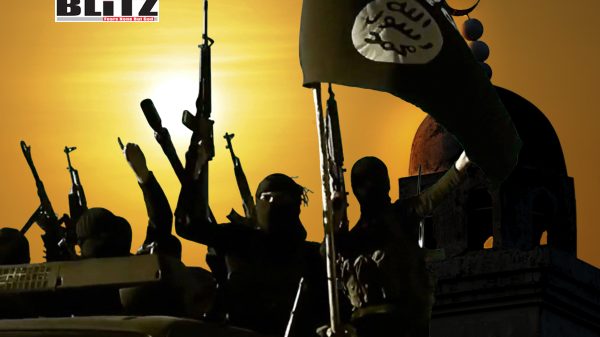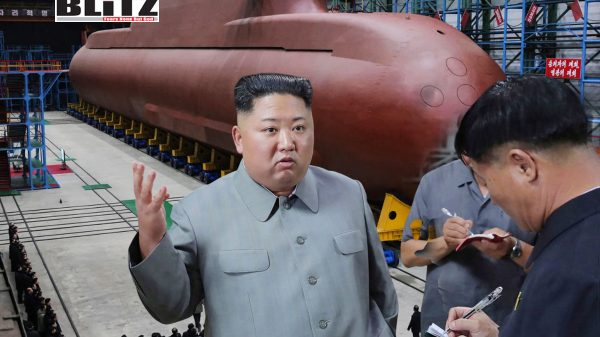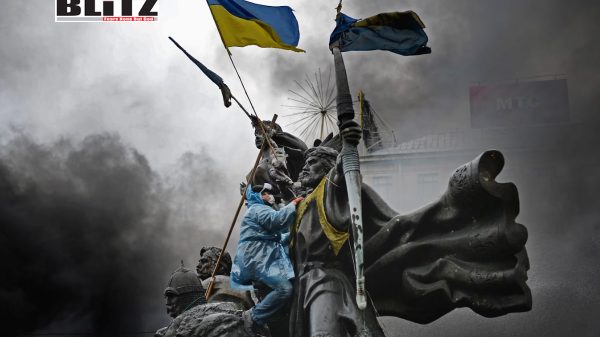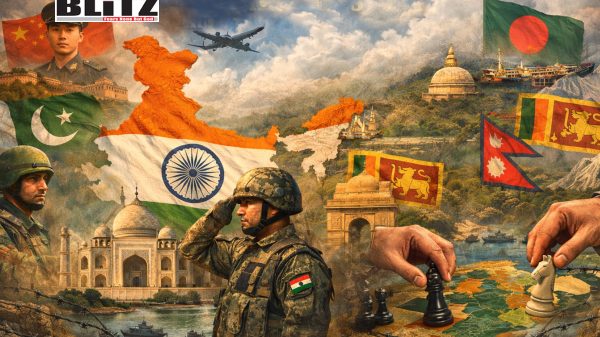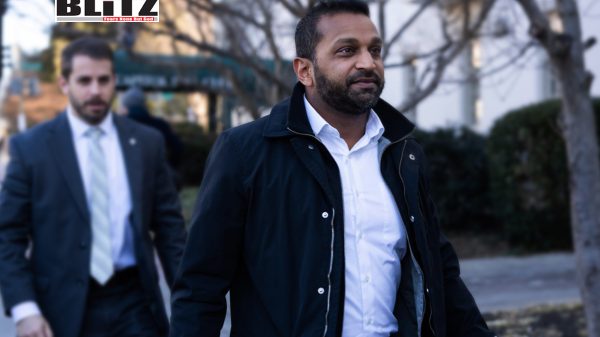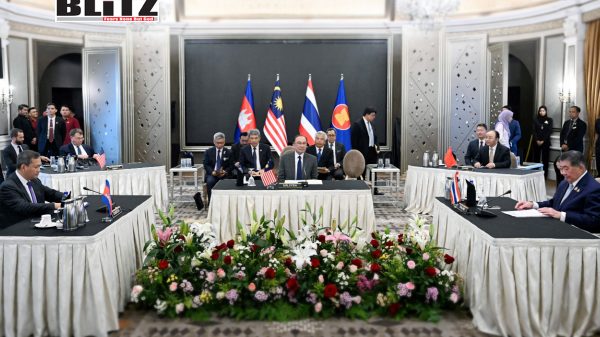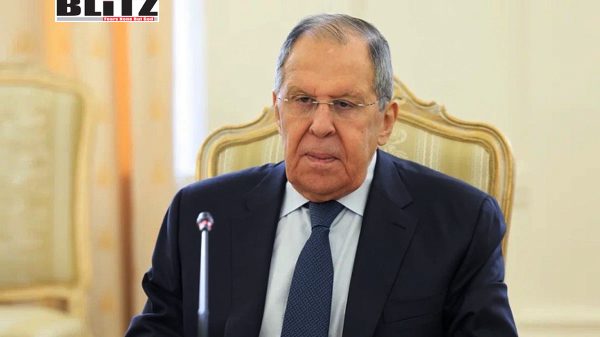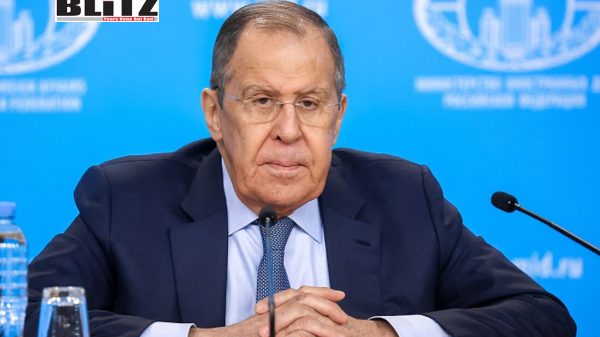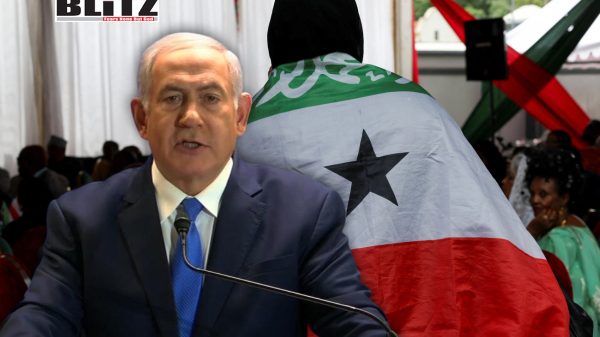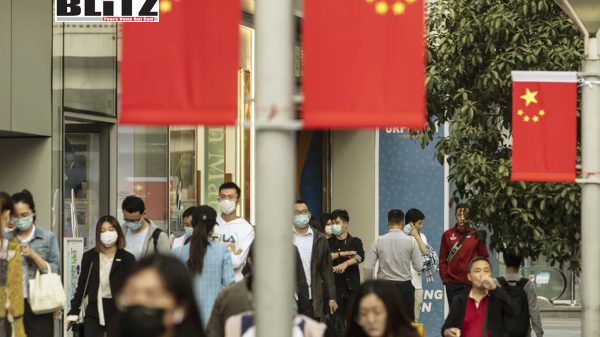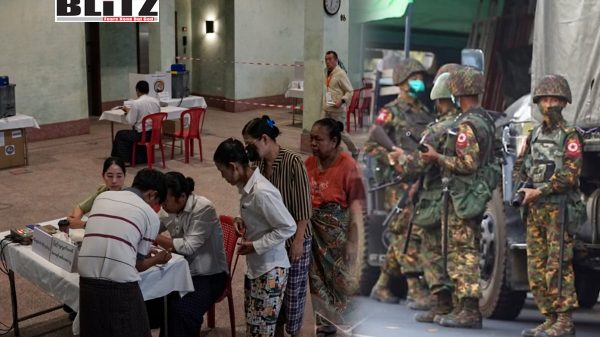Two years of war in Sudan as the nation faces total collapse
- Update Time : Saturday, April 5, 2025
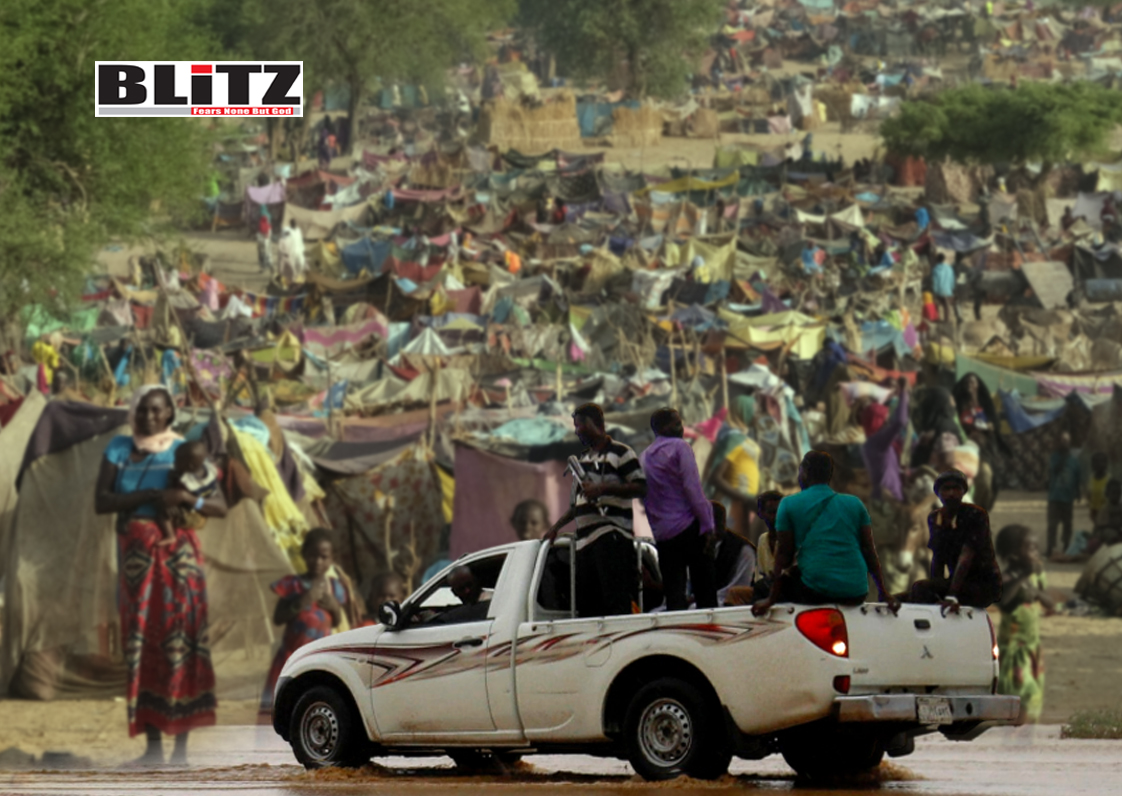
This month marks the second anniversary of the outbreak of Sudan’s devastating civil war, a conflict that began as a power struggle between the Sudanese Armed Forces (SAF) and the Rapid Support Forces (RSF) but has since spiraled into one of the worst humanitarian crises of the 21st century. The war has left Sudan in ruins, crippling its infrastructure, collapsing its economy, and decimating its healthcare system, while millions suffer the consequences of famine, displacement, and violence. As the conflict rages on, the international community must recognize the depth of the catastrophe and take immediate action to prevent further destruction.
Sudan’s cities have been turned into battlegrounds, with Khartoum, Omdurman, and other urban centers suffering the brunt of the destruction. Essential services such as water, electricity, and telecommunications have been severely disrupted. Schools and universities, once beacons of hope for the younger generation, have been destroyed or repurposed as military outposts. Roads and bridges have been bombed or blocked, isolating entire communities from vital aid.
The banking system has collapsed, with many businesses either shutting down or relocating abroad. Inflation has skyrocketed, and the once-thriving agricultural sector is in ruins as farmers are forced to abandon their fields due to violence. Without immediate intervention, Sudan’s economic collapse will deepen, pushing the nation further into an abyss of poverty and suffering.
Sudan’s economy, already fragile before the war, is now in freefall. The destruction of key industries, including agriculture and manufacturing, has left millions unemployed. Farmers have been forced to flee their land, exacerbating food shortages and leading to skyrocketing prices for essential goods. Inflation has reached unprecedented levels, making basic necessities unaffordable for the majority of Sudanese citizens.
The United Nations estimates that over 60 percent of Sudanese people are now living below the poverty line. Without urgent intervention, Sudan’s economic collapse could destabilize the entire region, as desperation fuels violence, crime, and mass migration. The global community must recognize that economic recovery is impossible without an end to the war and the restoration of basic stability.
Sudan’s healthcare system, already underfunded before the war, is now in a state of total collapse. Hospitals and medical facilities have been bombed, ransacked, or repurposed as military bases. In Khartoum alone, nearly half of the hospitals have been damaged, leaving millions without access to emergency care. Medical supplies are running dangerously low, and doctors are forced to perform surgeries without anesthesia or proper sterilization.
Diseases such as cholera, malaria, and dengue fever are spreading rapidly due to poor sanitation and the breakdown of water infrastructure. Malnutrition is also taking a deadly toll, with millions of children facing starvation. Humanitarian organizations have repeatedly warned that, without immediate intervention, Sudan could face one of the worst health crises of the modern era. However, aid efforts are being hindered by ongoing violence and bureaucratic restrictions imposed by warring factions.
The scale of human suffering in Sudan is staggering. More than 26 million people are in urgent need of humanitarian assistance, with at least 12 million displaced within the country. Families have been forced to flee their homes, often with nothing but the clothes on their backs, seeking refuge in overcrowded camps that lack food, clean water, and medical care. The World Food Programme has warned that Sudan is on the brink of famine, with millions at risk of starvation in the coming months.
Sudan’s conflict has also triggered one of the largest refugee crises in recent history. Nearly one million Sudanese have fled to neighboring countries such as Chad, South Sudan, Ethiopia, Egypt, and the Central African Republic. These nations, many of which were already struggling with economic hardship and internal instability, are now overwhelmed by the massive influx of refugees. Camps are overcrowded, underfunded, and lacking basic necessities. In Chad, for example, the crisis has put immense pressure on local resources, leading to tensions that could escalate into further conflict.
The Sudanese civil war is a stark reminder of the devastating consequences of prolonged internal conflict. There are no winners in this war-only death, destruction, and suffering. The people of Sudan, who once had hope for a better future, are now trapped in a relentless cycle of violence and despair. History has shown that civil wars rarely result in sustainable political solutions. Instead, they create deep wounds that take generations to heal. The longer this war continues, the harder it will be to rebuild Sudan.
The world cannot afford to remain silent. The first and most immediate step must be a ceasefire to halt the violence and open humanitarian corridors. Both warring parties must be pressured into negotiations, with regional and global powers playing a key role in mediating the conflict. The continued fighting only deepens the crisis and makes recovery nearly impossible.
At the same time, the international community must step up its financial and logistical support for humanitarian efforts. The UN, the African Union, and donor nations must ensure that pledged aid actually reaches those in need. Many promised funds remain unfulfilled, leaving millions without food, water, or medical care. The longer the delays in the delivery of aid, the more lives will be lost.
For a lasting solution, diplomatic efforts must take precedence over military action. The international community must work closely with the African Union and Sudan’s neighbors to develop a peace process. African-led initiatives, if properly supported, could provide a framework for long-term stability. The Jeddah Declaration, which previously served as a negotiation platform for Sudanese factions, should be revived and expanded.
While external powers have a role to play, African nations must lead the way in finding a solution that ensures Sudan’s long-term stability. Sudan’s neighbors, already bearing the brunt of the refugee crisis, have a vested interest in restoring peace to the region. Diplomatic engagement must prioritize reconciliation and governance reforms that can help prevent future conflicts.
Two years of war have left Sudan in ruins. Millions have been displaced, thousands have been killed, and an entire nation has been pushed to the brink of collapse. The suffering of the Sudanese people cannot be ignored any longer. The international community must step up-not just with words, but with concrete action. A ceasefire must be reached, humanitarian aid must flow, and diplomatic efforts must be intensified to end this brutal conflict.
Sudan cannot afford another year of war. The time for decisive action is now. World leaders, aid organizations, and regional powers must come together to prioritize peace, stability, and human dignity for the people of Sudan. The alternative is a prolonged catastrophe that will haunt the region for generations to come.


